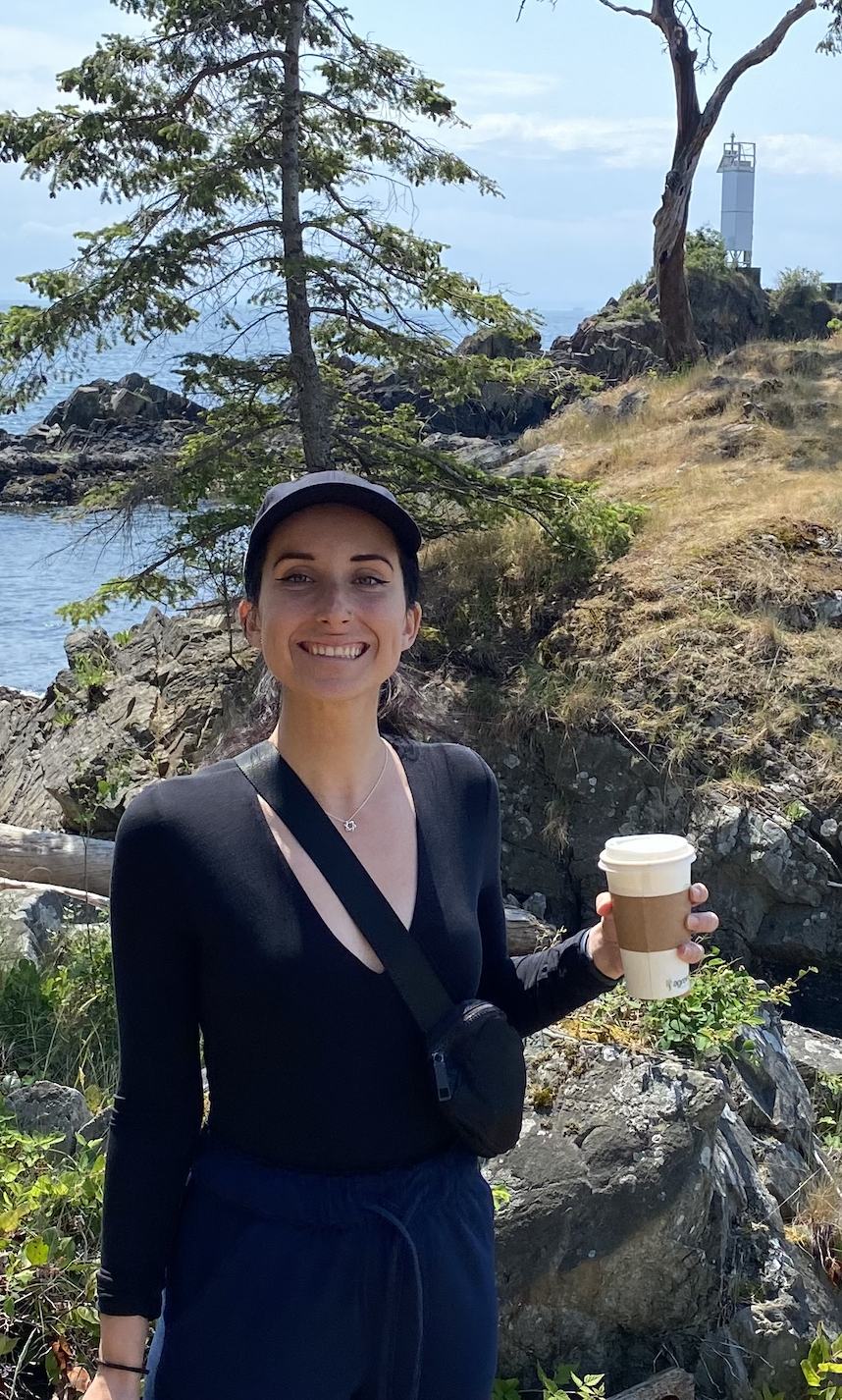
What is your name?
Antigone Fogel
Where are you from?
I was born in California, moved to Toronto when I was 7, and to Vancouver for university
To which class you belong to?
MSc Translational Neuroscience ‘24
Where and what did you study before joining Imperial College London?
I studied Behavioural Neuroscience with a minor in English Literature at the University of British Columbia in Vancouver, Canada and spent the subsequent two years managing continuing medical education programs for Canadian physicians with a focus on emerging medical technology
How did you find your Master experience at the College?
Fantastic. It was fast-paced, challenging and immersive. The modules offered exposure to a breadth of topics in neuroscience, and the streams allowed us to tailor our coursework to topics of particular interest to us. I have never learned so much in one year. This course supports its students in developing hugely valuable and marketable skills for both academic and professional routes, and I feel we are all better equipped to take on the next steps in our lives as a result! I entered this course with no coding experience, learned how to code in Python and MATLAB, completed a machine learning dissertation project and ultimately decided to pursue a PhD in machine learning here at Imperial. A year ago, I had no intention of staying in academia, but, because of this Masters, I discovered an area of research that is deeply meaningful to me, a supervisor and lab who are extremely supportive, kind, and collaborative and a type of day-to-day work I absolutely love
Which research project did you work on?
I developed a predictive machine learning model and accompanying digital consultation tool to support the personalisation of prognoses for people living with dementia
Where are you now?
I have just started a PhD here at Imperial
What are you working on?
Building on my MSc work, my PhD will focus on developing machine learning models and digital consultation tools for dementia risk screening and trajectory mapping using Electronic Health Record data
What is the most important lesson you learnt as a Master student?
I learned that what you get out of experiences is a direct product of how much you put into them, the value of being concise, and always being open to changing your mind!
How did the Master programme help you get to where you are now?
In so many ways! The course introduced me to the world of machine learning applied to healthcare and provided essential foundations in Python programming, computational methods applied to neuroscience and machine learning fundamentals. Without the technical and research skills I gained and the professional relationships I developed over the course of this Masters, I would not be where I am today